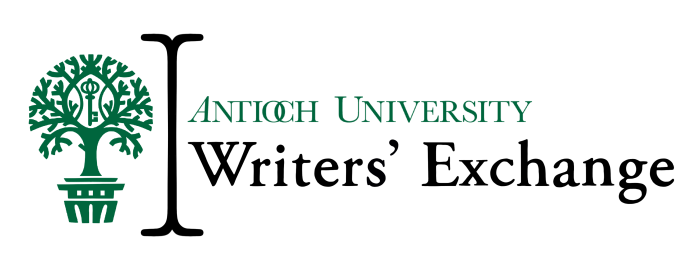Led by Benjamin Bloom (1956), educational psychologists at the University of Chicago created this taxonomy for categorizing learning commonly occurring in educational settings. Their work was greatly influential in distinguishing three domains of intelligence (cognitive, affective and psychomotor), which has encouraged other research in the area of intelligence (namely, Howard Gardner). The taxonomy provides a useful structure in which to categorize learning and the epistemology situated through writing. You’ll notice that much of the writing you assign at Antioch University relies students’ ability to analyze, synthesize, evaluate, and create while at the same time using skills in remembering, understanding, and applying new ideas. The taxonomy becomes a helpful reference as faculty create and students compose writing assignments with reference to the rhetorical tasks involved in writing. It’s best to consider the taxonomy, not as a linear hierarchy, but as a fluid conceptualization of cognition. The taxonomy is often presented in an inverted pyramid, reflecting the most complicated cognitive tasks at the top graduating to the basics of learning. At Antioch, writers are frequently required to compose by applying, analyzing, evaluating, and creating. Remembering and understanding are “lower level” material that have a place, certainly, and are regarded as a baseline expectation. For example, if you’re writing a paper on existentialism and psychology, including Yalom and certain manuscripts only reflects that you have access to the information. Integrating quotes reflects that you’ve identified Yalom’s works as relevant. Once you begin to apply Yalom’s theories to a “case consult” and then analyzing their effectiveness, you’re illustrating your understanding. Then, going deeper, you evaluate /assess these approaches as helpful to your practice with geriatric clients and then move to combining Yalom’s theories with another theory base, you’re on your way to fully digesting material. Thus, the value and challenge of these types of writing assignments: they demand sophisticated cognitive activity, and through them you demonstrate rich comprehension. Let’s take a look at the Taxonomy and how it relates to writing. You probably notice that the rhetorical tasks become more complicated in relation to your engagement in the material. As you begin to “own” the information, you move very consciously into active comprehension rather than passive recall. Consider the rhetorical activities as you write your thesis or dissertation. We hope they’ll help you recognize your changing role as a writer and thinker in the field.
|

